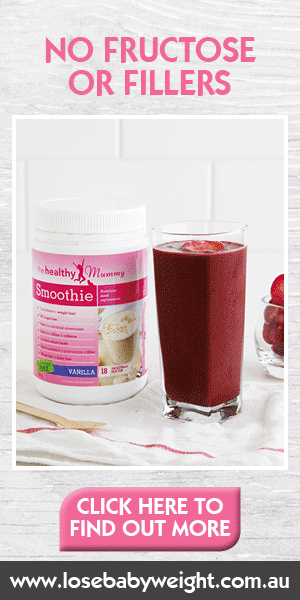By Carol Groves
A young baby in pain and unable to pass stools is understandably distressing to a mother and a matter of concern.
Treating the cause and alleviating the symptoms is a priority to prevent the development of other problems such as dehydration or severe pain and bleeding when a baby attempts to pass a stool.
In our two part guide to constipation in babies, in part one, we will describe the signs to look for in exclusively breast fed babies and in part two we will describe the signs in babies who are not breast fed or who have commenced taking other liquids and solids.
Part One: The Exclusively Breast Fed Baby and Constipation
I have recently been approached for advice, by a number of mothers concerned about the possibility of their breast fed baby being constipated.
They describe a seemingly happy and healthy baby, who is feeding normally and having six or more wet nappies a day, who has not passed a stool in 2-3 weeks.
Perhaps you are reading this article, because your own baby has not passed a stool in a while. I would like to take the opportunity to reassure you and give you some guidelines on how to know if your baby REALLY is constipated.

If your baby is healthy, happy and passing at least six wet nappies each day, your baby is most likely well hydrated and absorbing their breast milk correctly. Babies fed with formula or breast fed babies that are beginning to eat solids are at greater risk of constipation. So if your baby is exclusively breast fed, there is little cause for concern about the lack of dirty nappies, however be warned. When your baby does eventually produce a dirty nappy, it can be very explosive. Expect it to be passed with no pain, but with a strong force that can be very messy.
The smell of a breast-fed baby’s stool is usually not unpleasant. Described as having a yellow, loose grainy consistency, normal stools also have a somewhat sweet smell. Some mums worry their baby may have diarrhoea, but the looser stool when there is no sign of pain, fever and plenty of wet nappies is perfectly normal and indicates normal digestion is taking place.
Does My Baby Need Extra Water
A breast fed baby requires no extra water. In hot weather, a baby will often become fretful and request feeds that are more frequent. The stools may seem thinner than usual because of more foremilk being suckled during these extra feeds.
The six or more wet nappies (urine should be pale, not strong smelling and nappies should be very wet), are a good indication that your baby is not dehydrated.
The decision to introduce water through a cup, dropper or bottle is a purely personal choice and there is no advantage to giving this water unless instructed by a doctor or medical advisor.
What are the Signs of Constipation in a Breast Fed Baby?
Signs of a breastfed baby with true constipation include
1. Stools are thicker than normal and your baby has to strain to pass them. This is usually accompanied by obvious stomach pain (drawing up of legs, fretfulness and crying, inability to settle).
2. Your Baby is not having plenty of wet nappies, is not drinking breast milk or is otherwise showing signs of not being well.
In all these cases, and at anytime your baby seems unwell it’s very important you see a doctor immediately to prevent your baby becoming dehydrated. There may also be other underlying health problems your doctor may what to test your baby for if he is newborn or very young.
Do not give your baby honey (botulism risk) or any apple juice or prune juice unless by a doctor’s instructions and if you are instructed to give anything other than breast milk to your exclusively breast fed baby, don’t forget to ask why it is necessary before you give it. (To prevent the potential development of other possible breast feeding complications).
Be reassured, if your baby seems happy and contented and in no distress, even if a couple of weeks have passed since his last dirty nappy he is more than likely perfectly healthy.
Part Two of our guide will discuss constipation in babies who are not exclusively breastfed or who have had solid food introduced into their diet.
This article was written by Carol Groves: Carol trained and worked as a nurse and midwife in Australia and overseas, many years ago before having children. Later I trained and worked as a breastfeeding counsellor with Nursing Mothers (now Breastfeeding Australia). Today I am preparing to be a Doula (Childbirth and Peri natal Support Person) and Mother’s Helper. My website is being developed at http://muslimumi.com.


